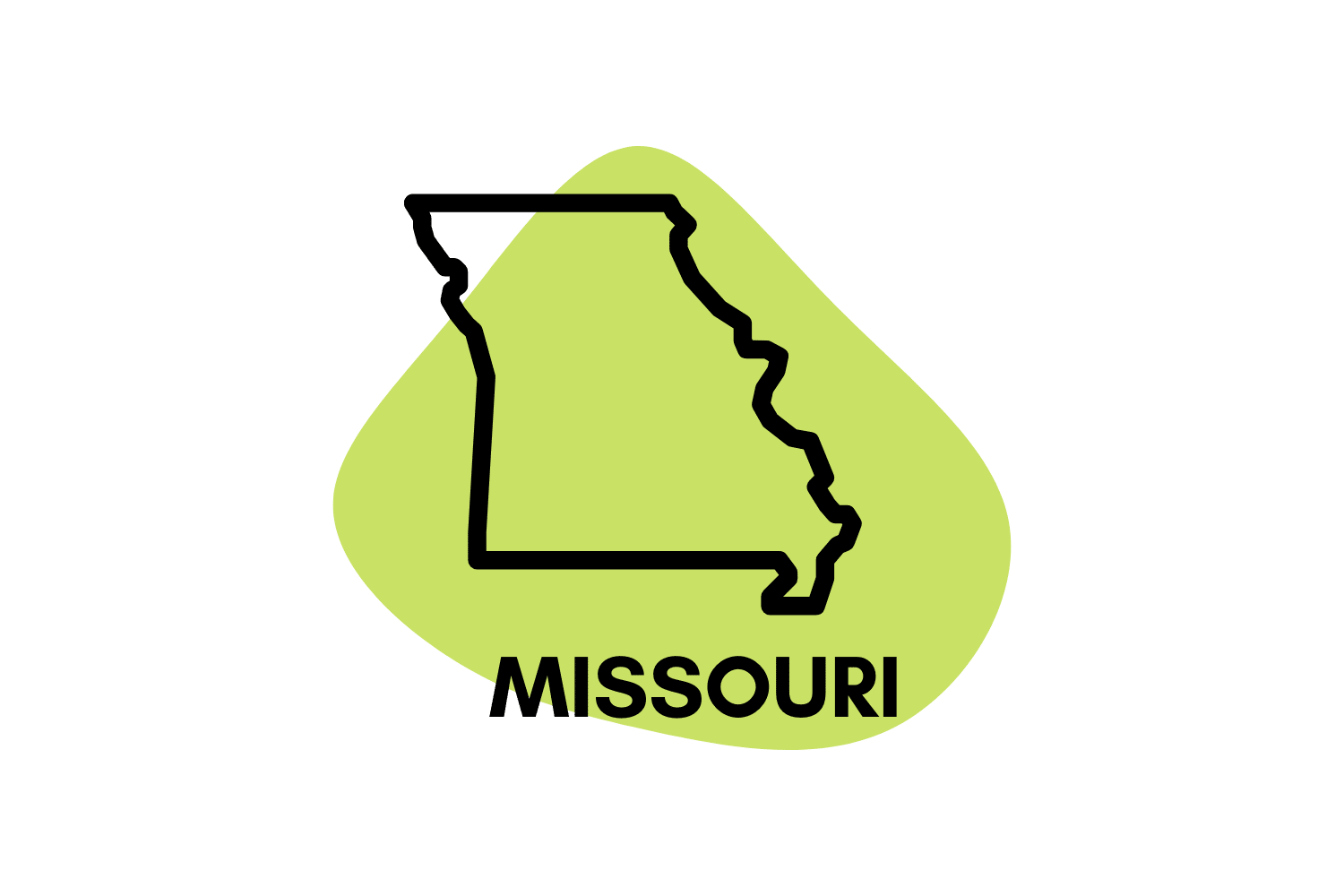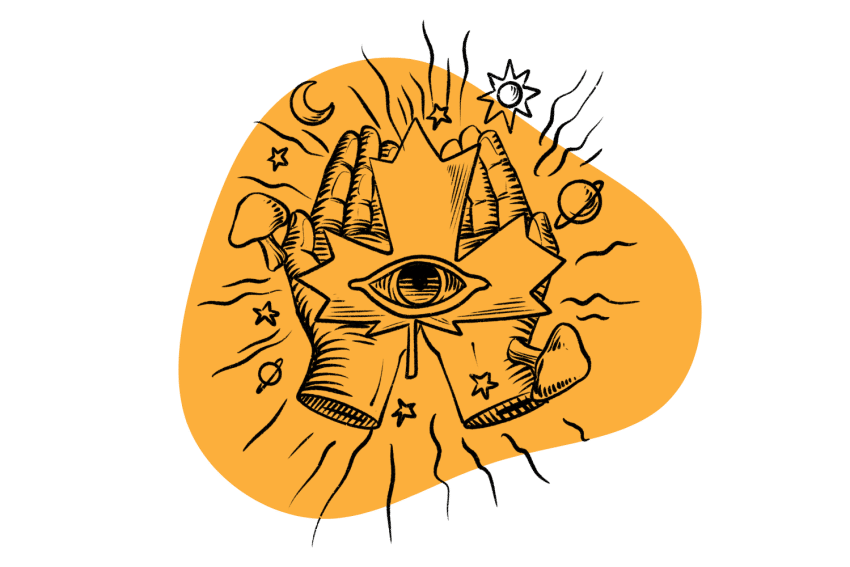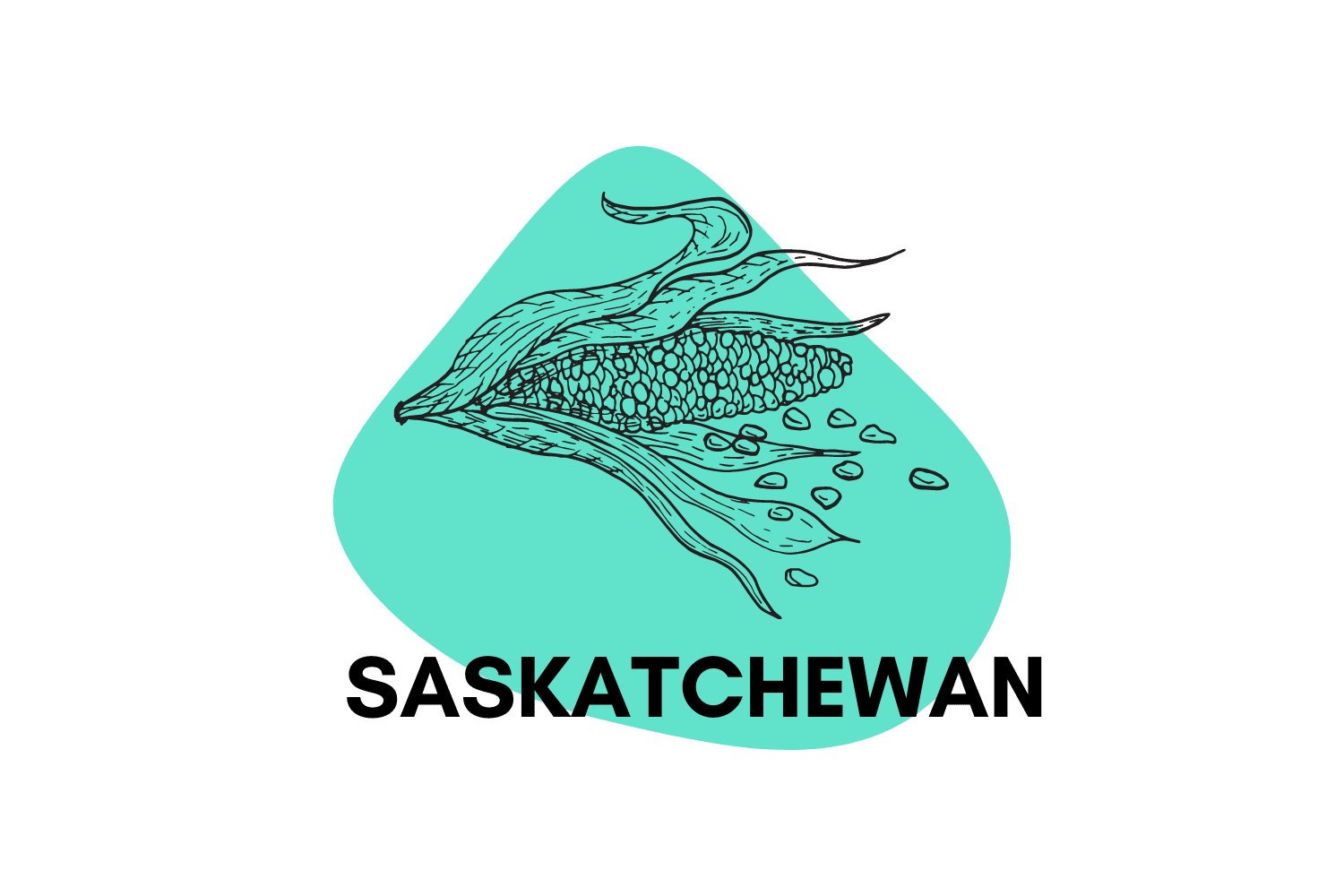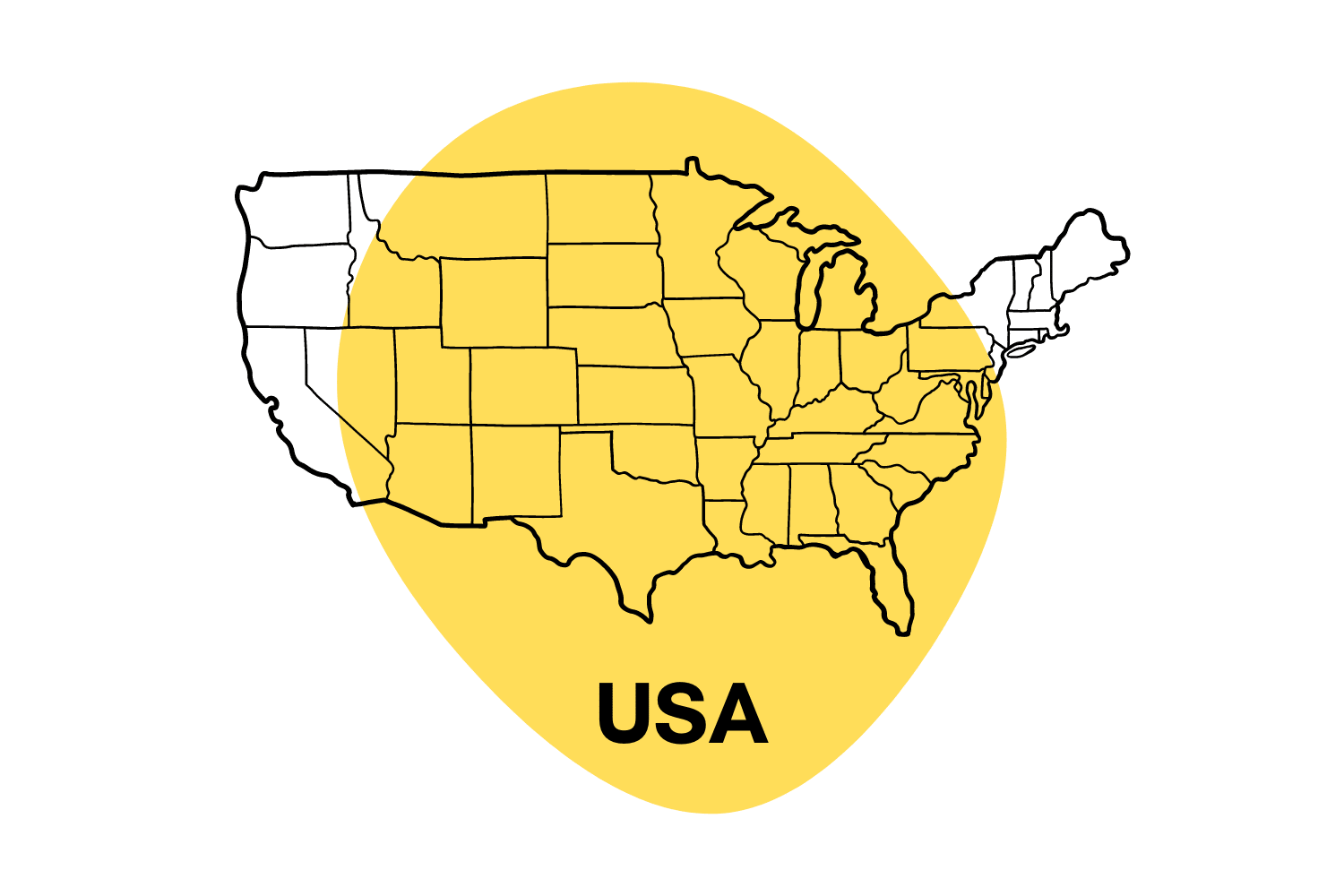Is Pennsylvania Any Closer to Legalizing Psychedelics? 2023
How soon before we hear liberty ring through the streets? 🔔
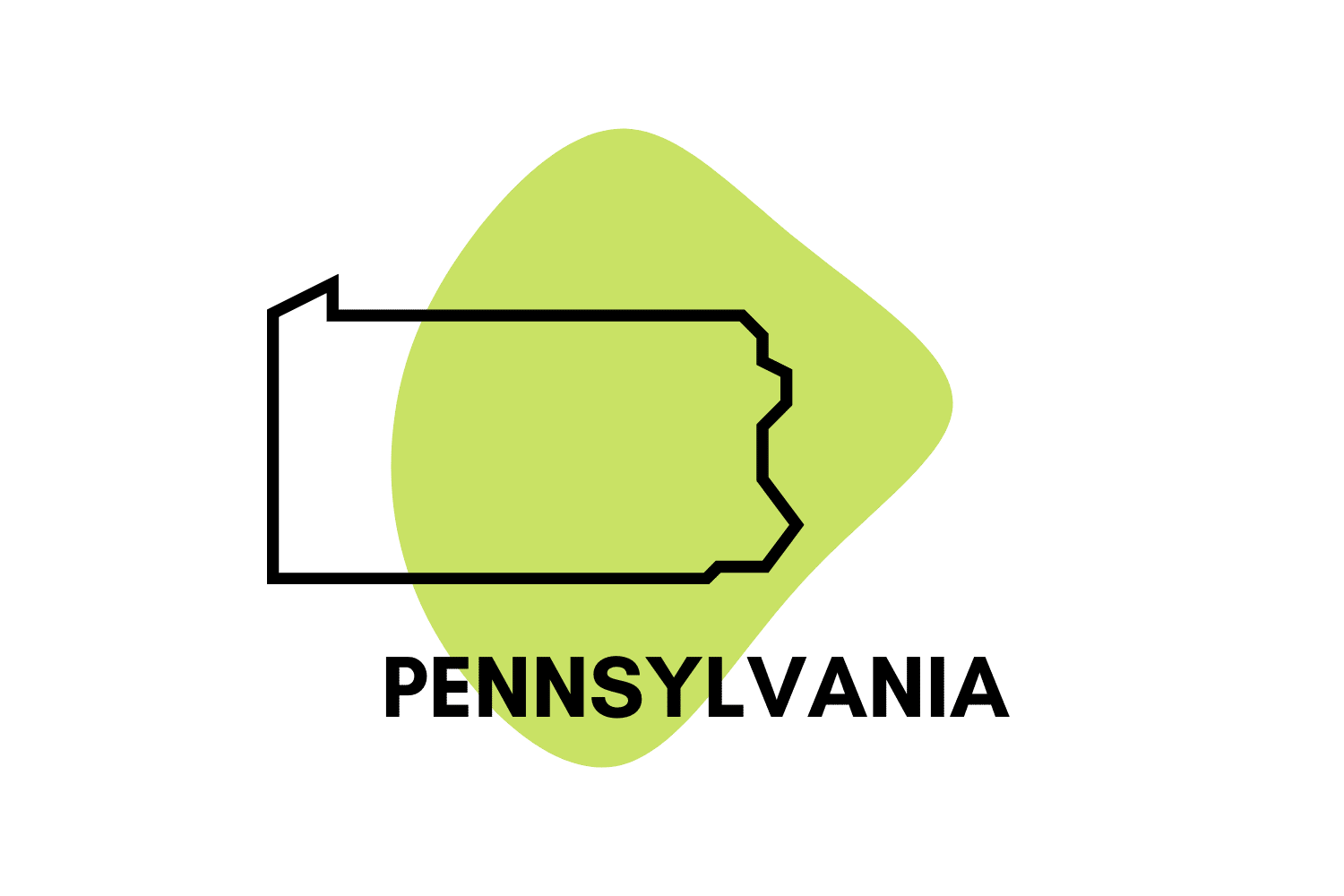
Lawmakers in Pennsylvania are working on a new bill that would enable the study of magic mushrooms for the treatment of PTSD and other mental health conditions.
There’s also some indication the state may move to decriminalize magic mushrooms in the near future.
Read on to understand the legality of psychedelics such as DMT, MDMA, ketamine, LSD, and more in Pennsylvania.
Are Magic Mushrooms Legal in Pennsylvania?
The possession or cultivation of psychedelic mushrooms is illegal in Pennsylvania.
Psilocybin, the psychoactive component of magic mushrooms, is considered a Schedule I restricted substance.
In Pennsylvania, possession of Schedule I substances can carry up to a year in jail and a $5,000 fine. However, HB1959 seeks to enable psychedelics for medicinal research purposes.
This would enable specific locations to grow magic mushrooms. However, this legal change would only apply to universities or other research institutions for the sake of studying the properties of psilocybin.
Technically, magic mushroom spores are legal because they don’t contain any psilocybin. However, using these spores for the purpose of cultivating them is illegal.
Map of Magic Mushroom Laws In the USA
Do Magic Mushrooms Grow Wild in Pennsylvania
Yes, you can find psilocybin mushrooms in Pennsylvania and the United States.
Some of the species of magic mushrooms you can find in Pennsylvania are Panaeolus cinctulus near Penn Hills, Psilocybe cubensis, Psilocybe caerulipes, Psilocybe caeruleans, and several psychoactive species in the Gymnopilus genus.
There are some reports of people finding Psilocybe ovoideocystidiata in woody debris along near Cranberry from about mid-April to late June.
What Are the Medicinal Uses of Shrooms?
Psilocybin mushrooms have been shown to offer a variety of medicinal benefits. Magic mushrooms (and other psychedelics) have the unique capability of changing our worldview and allowing us to tap deep within the psyched to flesh-out past traumas or rigid thought patterns that contribute to complex mental disorders like depression, addiction, and post-traumatic stress.
The evidence supporting the health benefits of magic mushrooms is getting harder to dispute. Every year new research comes out that provides even greater context for the therapeutic value of psychedelics.
So far, evidence supports the use of magic mushrooms for treating existential anxiety in patients with terminal illnesses, post-traumatic stress disorder (PTSD), cluster headaches, depression, and more.
John Hopkins Medicine, one of the leading research entities in America, recently recommended reclassifying psilocybin based on the overwhelming evidence of therapeutic potential.
Is LSD Legal in Pennsylvania?
LSD (lysergic acid diethylamide) is illegal in Pennsylvania. It’s classified as a Schedule I substance under the Controlled Substances Act.
The possession of LSD is considered a misdemeanor, with penalties of up to one year in jail and a maximum fine of $5000 if it is the first offense. However, if it is a subsequent offense, the penalty will be up to three years of imprisonment and a maximum fine of $25,000.
Currently, there’s no push toward legalizing or decriminalizing LSD in Pennsylvania. However, as more research comes out, this will likely change over the next 2–5 years.
There are also a host of related psychedelics (called lysergamide psychedelics) that offer a similar experience to LSD. Some of these compounds are being sold as “legal” alternatives — however, the legality is hotly disputed. Most of these compounds aren’t officially listed as restricted substances but are likely illegal under the Federal Analogue Act.
Examples of LSD alternatives include PRO-LAD, AL-LAD, ETH-LAD, LSZ, LSA (morning glory seeds), 1P-LSD, and ALD-52.
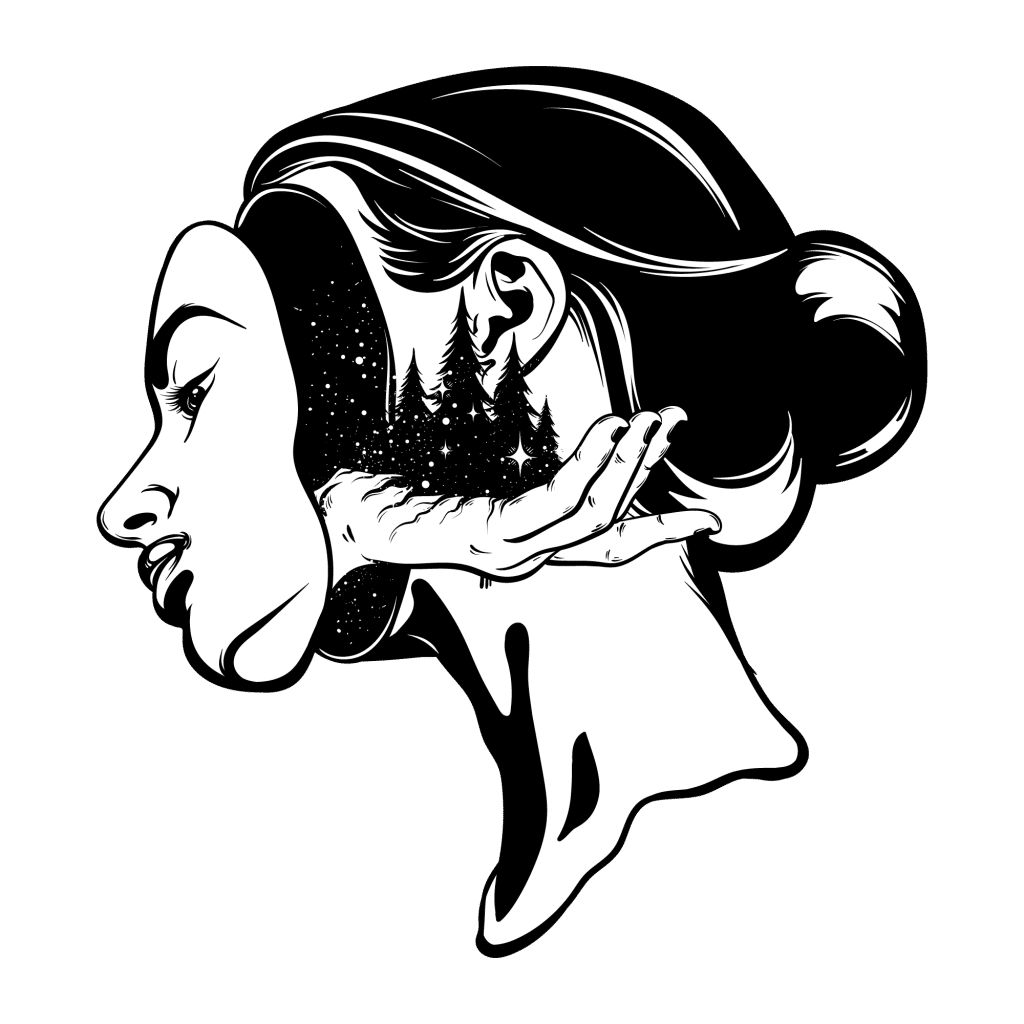
Is MDMA Legal in Pennsylvania?
MDMA (ecstasy) is illegal at the federal level, and in Pennsylvania, it’s a Schedule I controlled substance.
Possession of any amount of MDMA is a misdemeanor, with penalties of up to one year in jail and a maximum fine of $5000.
Soon, MDMA will become legal on a federal level for medical use only. A protocol was recently submitted for the FDA to review. If passed, MDMA will become available to registered mental health practitioners and doctors for the treatment of post-traumatic stress disorder (PTSD).
Pennsylvania may move to ban MDMA-assisted psychotherapy locally — but at the moment, there’s no indication the state will ban the practice should it become available.
Its unlikely MDMA (or other amphetamine psychedelics) will become legal for recreational use anytime in the near future.
Is Ketamine Legal in Pennsylvania?
Ketamine is legal in Pennsylvania for medical use only. It’s used for treatment-resistant depression, PTSD, and as an anesthetic for surgical procedures and veterinary medicine.
Ketamine is classified as a Schedule III substance, and penalties can range from $5,000 to $25,000 or one to three years imprisonment. In addition, other penalties include suspension of driver’s license, prohibition from possessing a firearm, and mandatory treatment programs, among others.
Is DMT Legal in Pennsylvania?
No. In Pennsylvania, DMT (dimethyltryptamine) is a Schedule I controlled substance.
Its possession can result in a misdemeanor. Penalties vary between a $5,000 fine and a year of prison.
The only exception to this rule is ayahuasca (a natural source of DMT) for certain religious organizations (União do Vegetal (UDV) and Santo Daime).
Related: List of Plants That Contain DMT.
What’s the Difference Between Legalization & Decriminalization?
These two terms may seem equivalent, but there are some significant differences between legalization and decriminalization.
Decriminalizing a substance decreases penalties and fines dramatically, but the sale and possession of large quantities remain illegal. The main reason regulators move to decriminalize substances is to reallocate state resources spent on persecuting the end-user and provide a greater capacity for people caught in the grips of substance abuse to seek effective treatment rather than prison.
On the other hand, legalizing a substance means eliminating all penalties and fines for possession, sale, and production. Sometimes substances are legalized for medicinal use only; other times, a substance is legalized for all purposes, including recreational.
Suggested Reading: List of Countries That Have Decriminalized Psychedelics.

Key Takeaways: What’s the Future of Psychedelics in Pennsylvania?
Pennsylvania appears to be moving toward the legalization of some compounds (MDMA and psilocybin) and the decriminalization of others (cannabis and natural psychedelics).
Recently, lawmakers introduced a bill to legalize marijuana. Newer bills seek to enable the cultivation of magic mushrooms for therapeutic use.
While Pennsylvania is certainly on the path toward relaxing its conservative drug laws, we’re still at least a year away from seeing any significant changes within the state.


